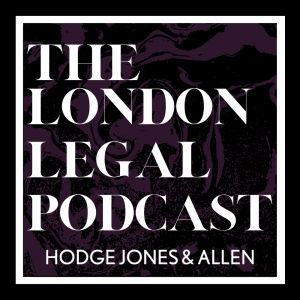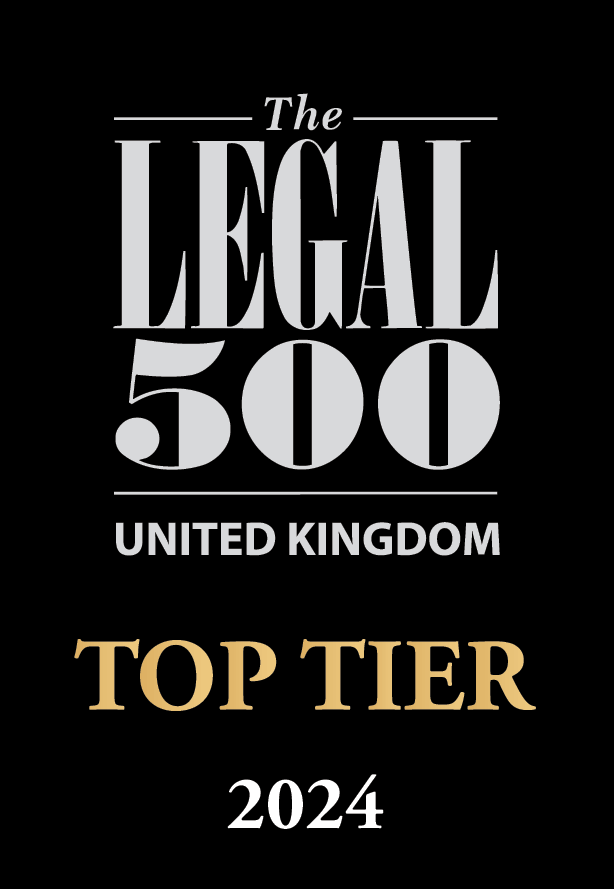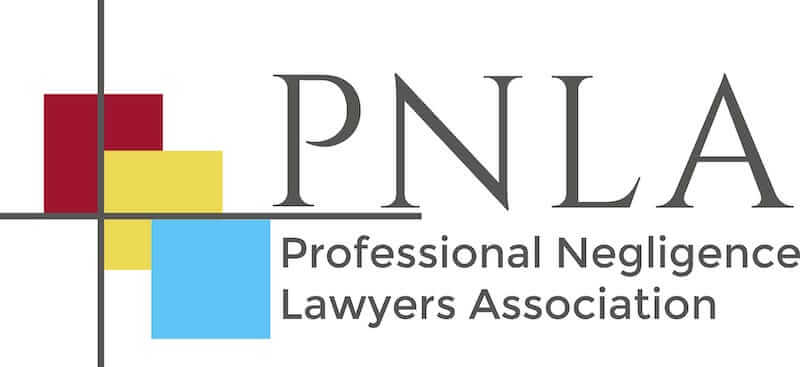Our experienced dispute resolution lawyers can advise and support you through a wide range of civil disputes.
We understand that the last thing you want is for a civil dispute to escalate and become a lengthy court case, unless absolutely necessary. That’s why we help look for arrangements that can settle the dispute before it reaches this level. We’ll always try to avoid unnecessary costs, so you know you can trust us to get the best possible result.
All of our guidance is individually tailored and based on a detailed understanding of your position. Our team of experienced and highly skilled dispute resolution lawyers in London will provide prompt and effective advice from the beginning, putting you and your needs at the heart of the matter.




































